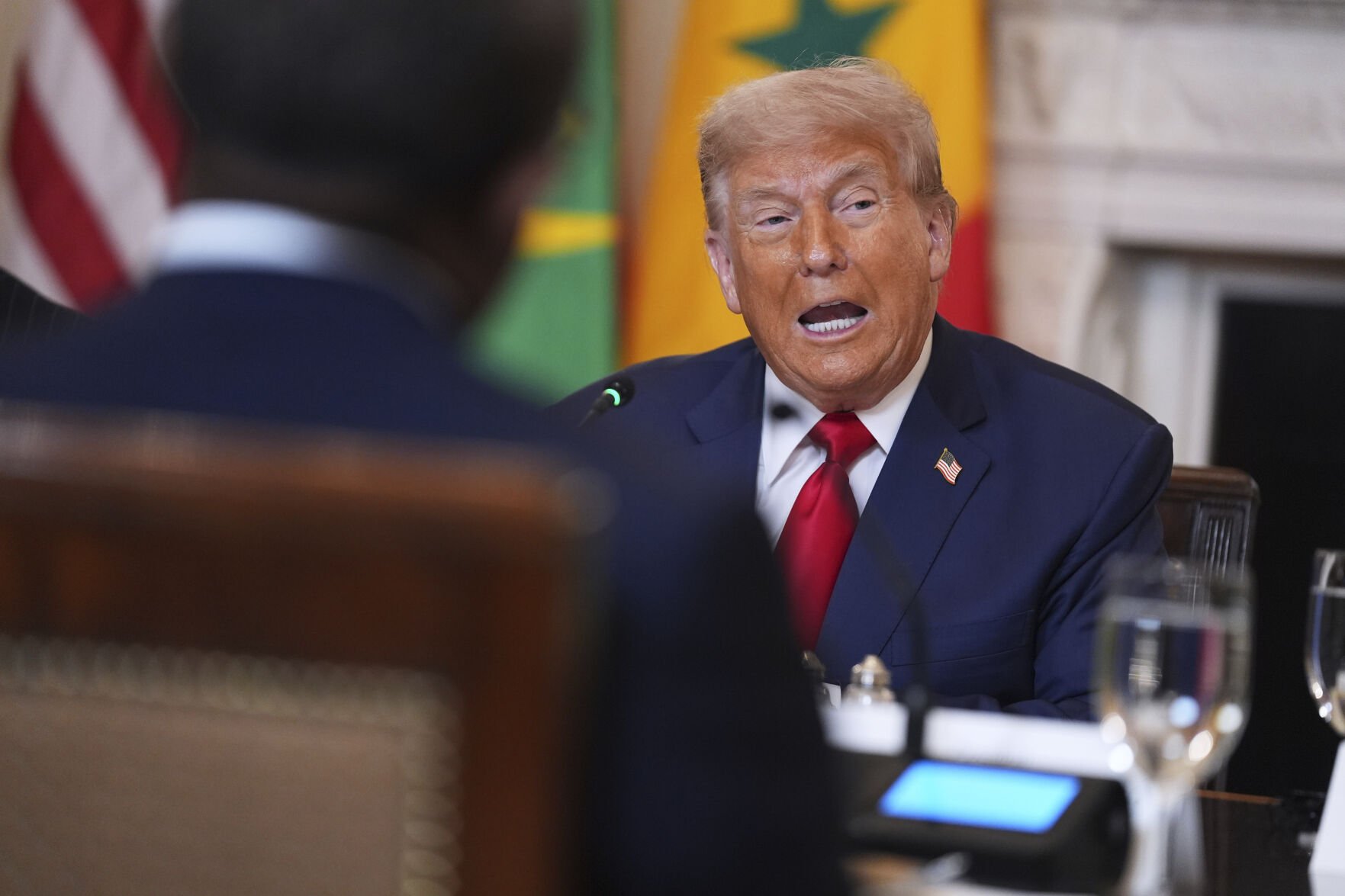President Donald Trump has imposed a 50% tariff on Brazilian goods, denouncing the ‘witch hunt’ trial of former President Jair Bolsonaro and signaling personal grievances influencing trade policies.
Trump tariffs goods from Brazil at 50%, citing ‘witch hunt’ trial against country’s former president

Key Takeaways:
- President Trump imposes a 50% tariff on Brazilian goods.
- The tariffs are in response to the trial of former Brazilian President Jair Bolsonaro.
- Trump refers to Bolsonaro’s trial as a ‘witch hunt’.
- Personal grievances are influencing U.S. policy decisions.
- The announcement was made on Wednesday.
Trump Slaps 50% Tariff on Brazil Over Bolsonaro Trial
President Announces Steep Tariffs
President Donald Trump has declared the imposition of a 50% tariff on goods imported from Brazil. The announcement came on Wednesday, marking a significant escalation in trade measures and highlighting a personalized approach to international policy.
Response to Bolsonaro’s ‘Witch Hunt’ Trial
The President cited Brazil’s treatment of its former leader, Jair Bolsonaro, as the primary reason for the tariffs. Referring to the legal proceedings against Bolsonaro as a “witch hunt,” Trump expressed strong disapproval of the trial. This move aligns with his tendency to challenge legal actions he perceives as unjust.
Personal Grievances Influencing Policy Decisions
The decision signals that personal grievances are playing a substantial role in shaping policy decisions. Rather than being driven by economic factors alone, the tariffs reflect a blending of personal sentiments with national trade strategies.
Impact on U.S.-Brazil Relations
The imposition of these tariffs is poised to impact the relationship between the United States and Brazil. It introduces new tensions that could affect diplomatic and economic interactions moving forward.
Conclusion
President Trump’s action underscores the influence of personal relationships on international affairs. As the situation evolves, the global community will be observing the repercussions of intertwining personal motives with policy decisions.











